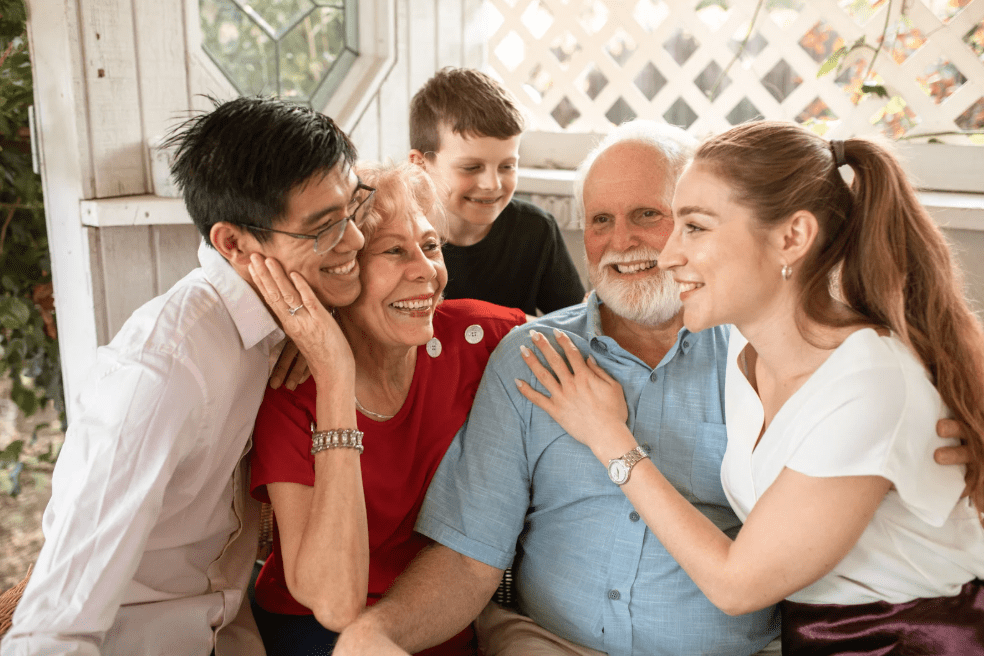Table Of Contents
In recent years, the U.S. Court of Appeals for Veterans Claims (CAVC) refused to adjudicate cases where the veteran did not file an appeal within 120 days of the day that the Board of Veterans Appeals (Board) issued a denial. In order to adjudicate a case, a court must have “jurisdiction” (basically meaning the authority to act), and the CAVC believed that it did not have “jurisdiction” unless the appeal was filed within 120 days of the Board’s denial. There were no exceptions to this rule. Therefore, a veteran who had a disability that prevented him from filing an appeal within 120 days of the Board’s denial would be out of luck.
In one of the few veterans’ cases ever to reach the U.S. Supreme Court, the Supreme Court determined that the CAVC could decide to extend the 120-day deadline if doing so would prevent a great injustice. This policy is called “equitable tolling.”
In December 2011, the CAVC decided a case called Bove v. Shinseki. In that case, the Court outlined some circumstances in which it would apply “equitable tolling.” The Court found that equitable tolling would be allowed where
- a mental disorder preventing filing the appeal on time,
- a veteran relied on incorrect information from the VA, or
- the veteran filed the appeal with a VA office, rather than with the CAVC.
Of course, there could be other circumstances where “equitable tolling” might also be allowed, and this would be decided on a case-by-case basis. However, as highlighted in Tyrues v. Shinseki, issued August 23, 2012, there still must be rather compelling circumstances for the CAVC to apply “equitable tolling.” That case is particularly notable because it suggests that confusion on the part of a veteran as to whether a Board decision is actually ready to be appealed is not necessarily grounds for “equitable tolling.” (The Board had denied the veteran’s claim only in part, and sent the other part of the claim back to the regional office for another decision, and it was unclear if the veteran even could appeal the part of the Board’s decision that denied the veteran’s claim.)
Sometimes, it is not clear as to whether a Board decision can be appealed to the CAVC. If you’ve just received a Board decision, keep the 120-day appeal deadline in mind, as it is never safe to assume that the CAVC will apply “equitable tolling.” Contact our team today to discuss the grounds for an appeal.

Veterans Help Group Serving Our Community
Veterans Help Group Serving Our Community By Bobbi Boudi, Director of Community Outreach & Amy...

How Much Back Pay Will You Receive?
What is VA Disability Back Pay? VA disability back pay is payment for benefits the veteran was...

Your Guide to VA Ratings: Sleep Apnea
Your Guide to VA Ratings: Sleep Apnea Sleep apnea can be a serious condition that may impact...





